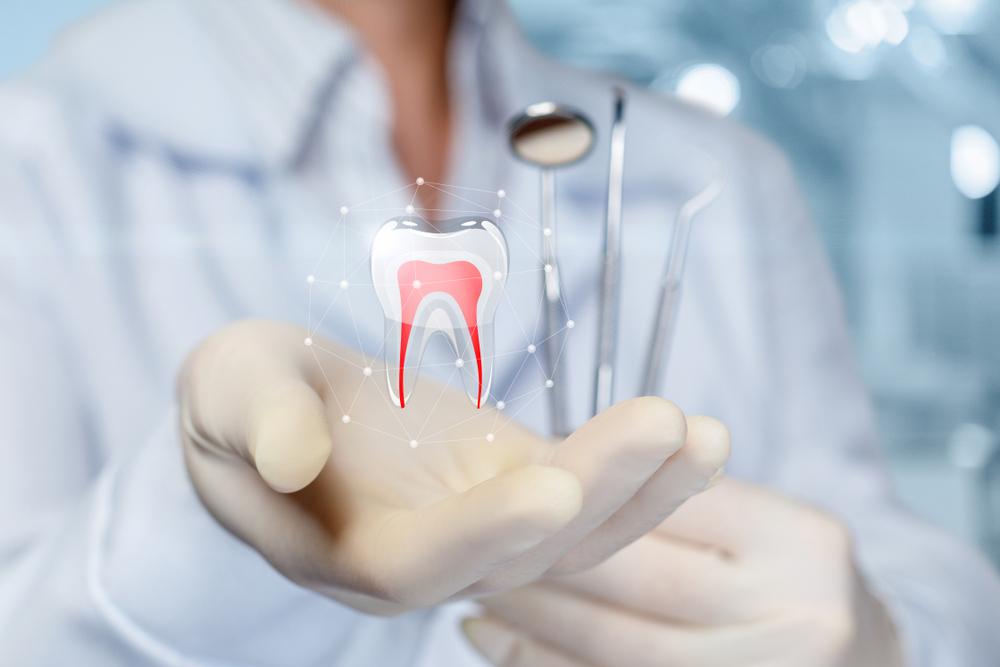Root Canal: What You Need To Know
What is a root canal?
During a root canal, a dental instrument called a dental drill is used to bore a hole in the tooth’s hard centre called the pulp. The instrument’s cutting action cuts the soft inner part of the tooth away from the nerve endings that supply it with nutrients and oxygen. Drilling through the pulp does not kill the nerve roots, so this is one of the safest and most effective dental procedures a dentist can perform. What to expect during a root canal Once the tooth has been exposed, a dental assistant helps you open your mouth to get a better view of the area. Most dental office workers don’t give you any numbing shot beforehand so you can feel the drilling and the tools being used, but a numbing shot may help you when you’re actually being operated on.
What Root Canal Treatment Options Are Available?
Vaseline: An oral health professional can fill in any open wound or damage to the gums with Vaseline to create a barrier to protect the tissues. This will stop bacteria from entering the cavity. An oral health professional can fill in any open wound or damage to the gums with Vaseline to create a barrier to protect the tissues. This will stop bacteria from entering the cavity. Fluoride: A dentist can fluoridate the tissue with dental fluorosis. It increases the ability of the tooth to transfer oxygen and nutrients to the tooth.
How do I prepare for the root canal?
Before the procedure, one should make sure to take the following precautions: Talk to your dentist about how you should prepare for the procedure. Get a referral from your dentist to a general dentist. Take a pain reliever the night before the procedure. If you plan to take an opiate-based pain reliever such as oxycodone, morphine, or codeine, talk to your dentist first to make sure they can work with the dosage recommended for you. Opiate-based pain relievers can make the pain worse after the root canal, so it is important to talk to your dentist before taking any drug. Tell your dentist about any past medical conditions you might be more prone to getting.
How do I know if a root canal is right for me?
It is recommended that you get a root canal as soon as possible after an infection develops in your mouth. The infection could be in the top center of your mouth (on the side of your teeth) or it could be in the middle. A periodontist can suggest the best course of action to get rid of the infection in a short amount of time. A root canal can get rid of the infected tooth permanently. Sometimes, there are no clear signs of a tooth infection. Some people may only feel pain in the tooth for weeks. If you are experiencing pain, you should contact a dentist. A dentist will take an x-ray and if the infection has spread to the nerve root, they may suggest a root canal. If the infection spreads to a nerve, the dental specialist may consider an implant.
Conclusion
Always talk to your dentist about any concerns you may have regarding tooth pain or problems with your teeth. They can advise on the best action to take and can go through any medical treatments and questions you may have.



